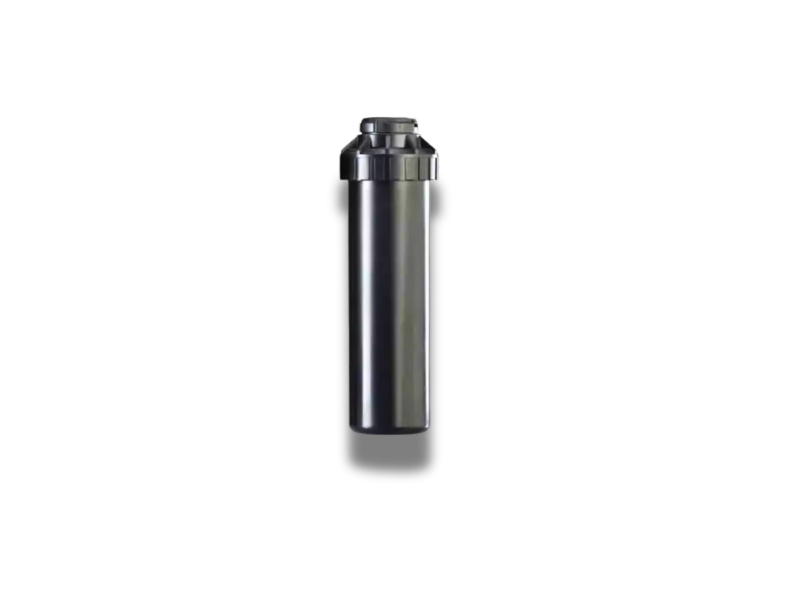Rainwater harvesting: a precious resource for a sustainable future
In a world where water resources are increasingly scarce and precious, rainwater harvesting presents itself as an innovative and sustainable solution for several reasons.
Why is it important to recover rainwater?
1. Conservation of water resources:
Rainwater is a natural and renewable resource that can be collected and used for non-potable purposes, relieving pressure on public water networks and reducing drinking water consumption.
2. Cost reduction:
Using rainwater for non-potable purposes can result in significant savings on water bills, especially for families and businesses with large green spaces.
3. Flood mitigation:
By collecting and storing rainwater, you can help reduce the risk of flooding and surface runoff, especially in densely populated urban areas.
4. Improving the quality of aquifers:
The infiltration of rainwater into the soil helps replenish aquifers, counteracting land subsidence and ensuring a clean water resource for future generations.
5. Environmental benefits:
Rainwater harvesting helps reduce water pollution by minimizing the need to treat and pump drinking water. It also helps water to percolate into the soil, increasing vegetation and biodiversity.
How does the rainwater harvesting system work?
A typical rainwater harvesting system includes:
- Collection: Raindrops are collected by roofs, gutters and other impervious surfaces.
- Filtration: Water is filtered to remove debris, leaves and other contaminants.
- Storage: Water is stored in underground or elevated tanks.
- Distribution: Water is distributed for non-potable uses through a network of dedicated pipes.
What are the uses of rainwater?
Rainwater can be used for:
- Irrigation of gardens and vegetable gardens
- Car wash
- Toilet Flush
- House cleaning
- Refilling decorative fountains
Are there incentives for rainwater harvesting?
Tax incentives and rebates are available in many countries and regions to encourage the installation of rainwater harvesting systems. It is advisable to check with your local authorities to find out what support opportunities are available.
Rainwater harvesting is a beneficial practice in many ways. It conserves water resources, reduces costs, protects the environment and helps create a more sustainable future. Incorporating rainwater harvesting into your home or business is an important step towards a more responsible and conscious future.




































